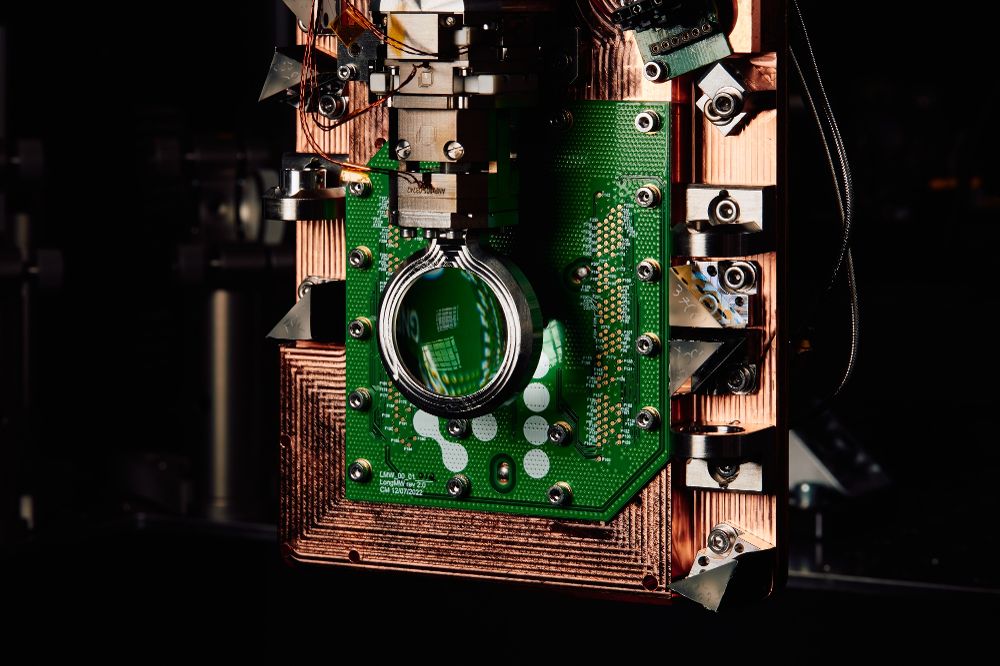Oxford Ionics announced that it has won a contract, alongside Infineon Technologies AG, to build a state-of-the-art portable quantum computer for Agentur für Innovation in der Cybersicherheit GmbH, or 'Cyberagentur'.
Oxford Ionics and Infineon are one of three independent contractors selected by Cyberagentur, who is investing a total of €35M into the project.
Cyberagentur is an organisation founded by the German Federal Government and aims to progress research and innovation of cybersecurity in order to promote the country’s internal and external security. They will use Oxford Ionics’ portable quantum computer, MinIon, for application development in national security and defence.
Quantum computers are of particular interest for governments and can prove integral to national security and digital sovereignty with government bodies around the world exploring different applications of quantum computing.
Cyberagentur is specifically focused on applying quantum computing to ‘mobile defence’, meaning it can leverage a compact, lightweight, and energy-efficient mobile quantum computer for security and defence scenarios.
Oxford Ionics has developed a proprietary technology called ‘Electronic Qubit Control’ using electronics, not lasers, to control its qubits. This technology can then be integrated onto a standard, thumbnail-sized chip produced in today’s semiconductor fabrication facilities. With this approach, Oxford Ionics’ quantum computers can deliver powerful computational capabilities within a small physical footprint, relevant for the particular needs of an organisation.
MinIon will be the sixth quantum computer delivered by Oxford Ionics, following a contract won earlier this year with the UK’s National Quantum Computing Centre (NQCC).
Infineon AG, as an R&D partner of Oxford Ionics, will contribute its expertise in microfabrication of highly reliable, large-scale ion trap chips.
Dr Roman Bansen, Head of Quantum Technologies at Cyberagentur, commented: "Mobile systems are particularly important for security and defence scenarios, as they can operate independently of a data connection to stationary data centres. Especially in crises or defence situations, this is essential. At the same time, mobile quantum computers also potentially offer considerable advantages for civilian applications."
Dr Chris Ballance, Oxford Ionics co-founder and CEO, commented: “We are thrilled to be delivering the first mobile variant of our product line to Cyberagentur. Since our inception, we have viewed the challenge of building powerful quantum computers as an engineering project – not a science project. This approach has yielded both the highest performing chips in the world and a robust technology that can deliver industry-leading performance within a small physical footprint based on customer needs. MinIon represents the first of these small systems, which is uniquely engineered to suit the dynamic, fast-paced nature of national security and defence.”
Image provided by Oxford Ionics
